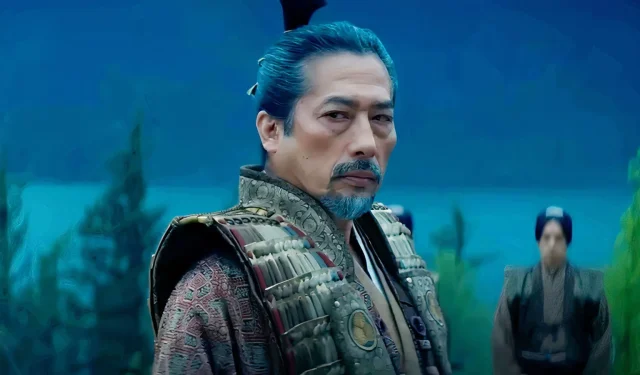
Celebrating the Icons of Japanese Cinema
Japan boasts a rich and influential cinematic heritage, marked by films that have made a significant impact both locally and internationally. Notably, Akira Kurosawa stands out as one of the preeminent filmmakers in history, whose works, such as Seven Samurai and Yojimbo, not only redefined Japanese cinema but greatly influenced the Hollywood blockbuster model. His storytelling techniques and thematic elements can be seen in George Lucas’s Star Wars, particularly in the stylistic parallels with The Hidden Fortress.
Japanese cinema encapsulates a wide spectrum of genres, including samurai epics, family dramas, and horror films. This diversity is supported by the extraordinary contributions of acclaimed directors and exceptional actors. Renowned performers like Hiroyuki Sanada, Setsuko Hara, and Toshirō Mifune have left indelible marks on the industry, earning their places among the greatest Japanese actors of all time.
10. Ken Watanabe
Notable Films: The Last Samurai (2003), Letters From Iwo Jima (2006), Inception (2010)
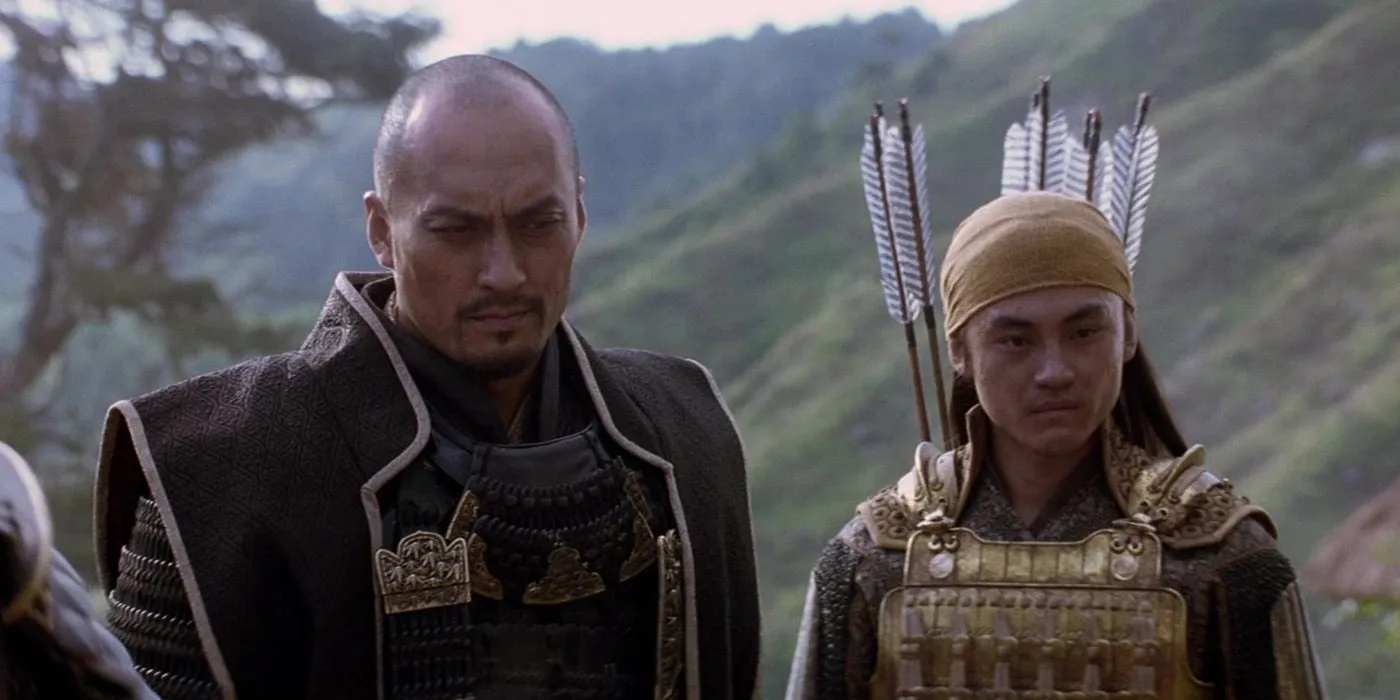
Ken Watanabe’s journey from Japan to Hollywood is a testament to his talent and perseverance. He initially gained recognition in the ’80s through samurai roles but achieved global acclaim with his portrayal of Katsumoto in The Last Samurai. This performance earned him an Academy Award nomination for Best Supporting Actor, paving the way for roles in films such as Memoirs of a Geisha and Inception.
Watanabe is set to grace the screen once more in the Japanese film National Treasure, slated for release in 2025, continuing his legacy in both Japanese and international cinema.
9. Takeshi Kitano
Notable Films: Fireworks (1997), Kikujiro (1999), Battle Royale (2000)
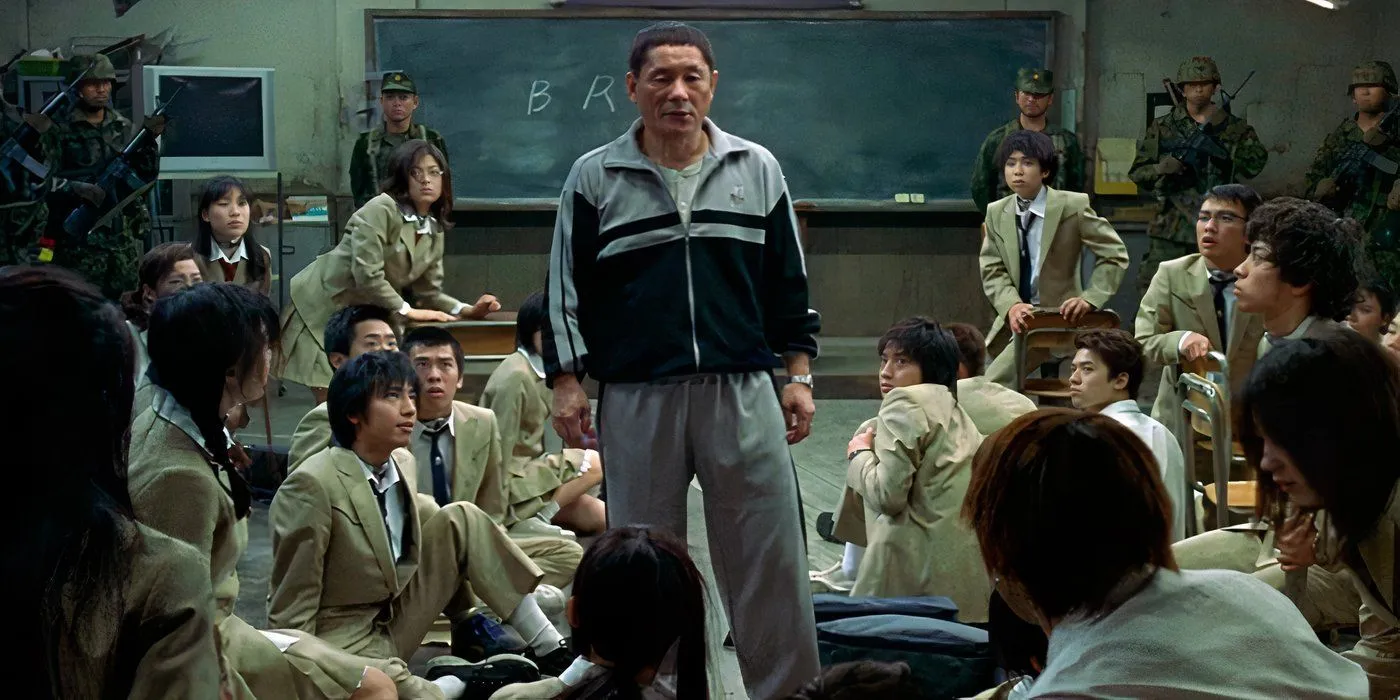
Takeshi Kitano is not only celebrated as one of Japan’s finest actors but also as a notable director. His career, which began in comedy, shifted towards the dramatic realm with Violent Cop, showcasing his unique style. Kitano has garnered acclaim for his performances in transformative films like Fireworks and Kikujiro, alongside his directorial success.
His versatility was highlighted with the 2021 Netflix adaptation of his memoir, Asakusa Kid, affirming his enduring relevance in Japanese cinema.
8. Kōji Yakusho
Notable Films: Tampopo (1985), Cure (1997), Perfect Days (2023)
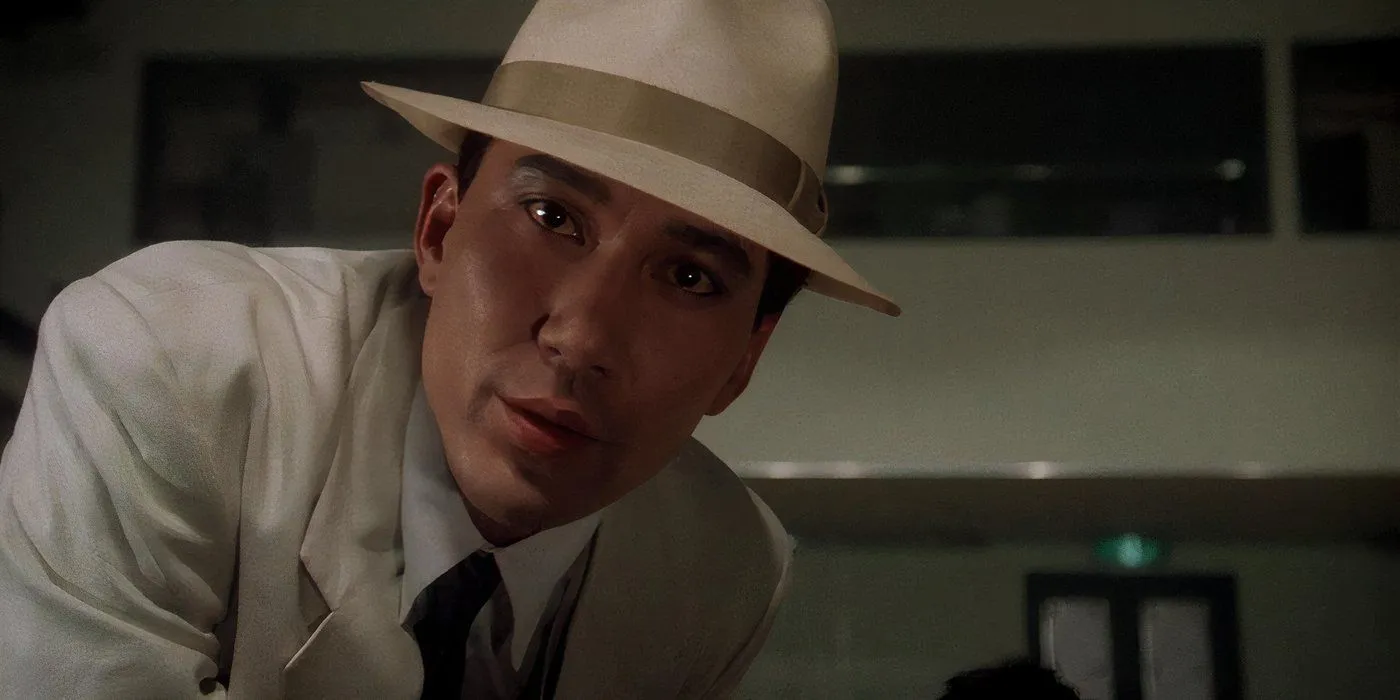
With a career spanning decades, Kōji Yakusho has made significant contributions to the Japanese film landscape. He gained prominence in the film Tampopo and further solidified his reputation through notable performances in horror films directed by Kiyoshi Kurosawa, including Cure. His recent win for Best Actor at the 2023 Cannes Film Festival for Perfect Days underscores his status as a cinematic treasure.
7. Ayako Wakao
Notable Films: Street Of Shame (1956), The Blue Sky Maiden (1957), Floating Weeds (1959)
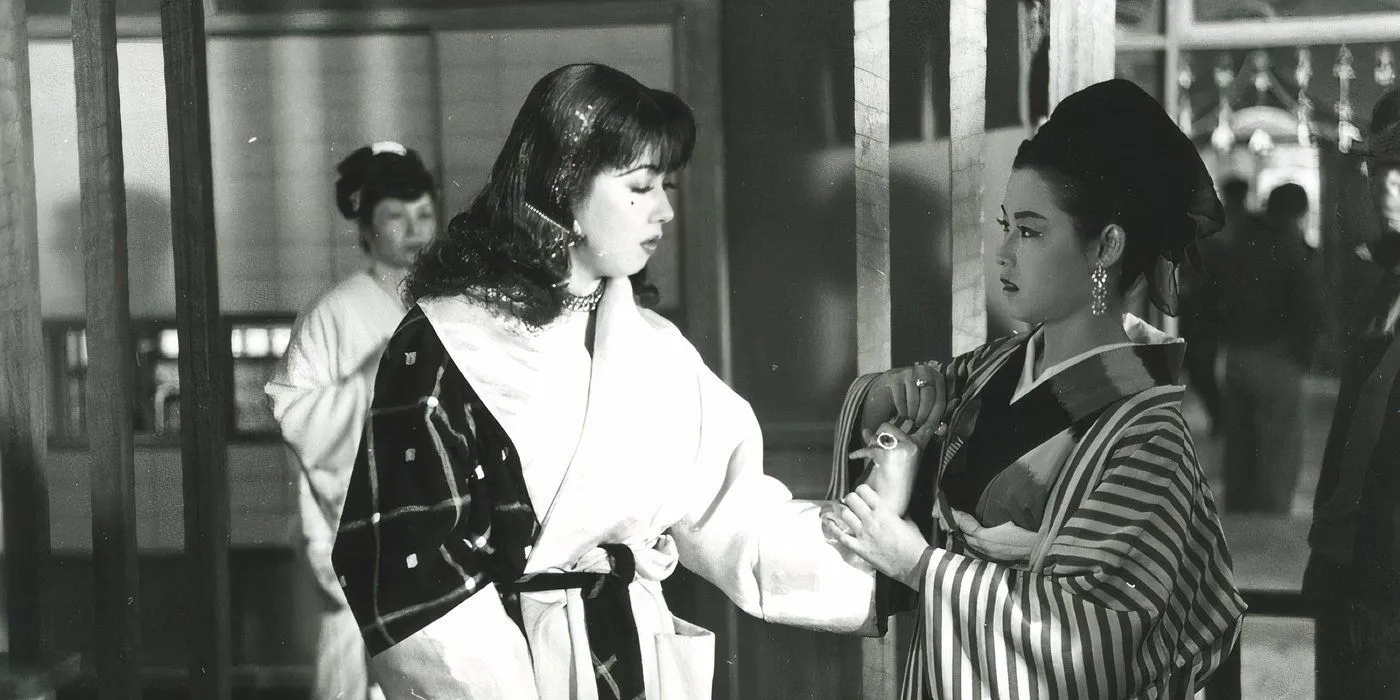
Ayako Wakao emerged as a leading actress in the 1950s and 60s, frequently collaborating with acclaimed director Yasuzo Masumura. Her remarkable ability to portray complex female characters was exemplified in her role in Street of Shame, which delved into poignant societal issues of the time. Wakao’s partnerships with iconic directors and her memorable performances have solidified her place in Japanese film history.
6. Takashi Shimura
Notable Films: Drunken Angel (1948), Ikiru (1952), Godzilla (1954)
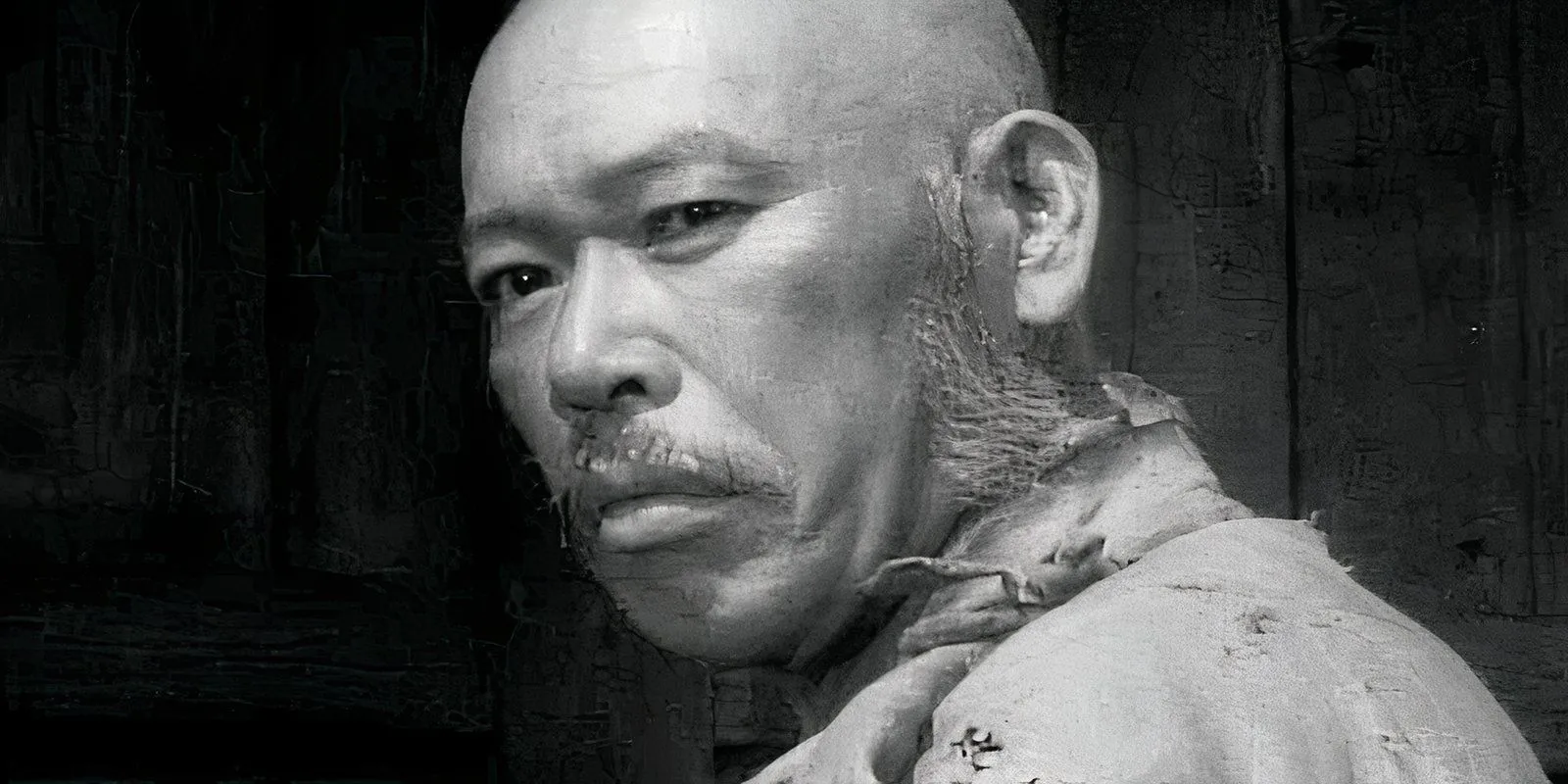
Takashi Shimura’s career, which spanned over 200 films, was pivotal in shaping Japanese cinema. His role in Akira Kurosawa’s Ikiru is celebrated as one of his most significant contributions, portraying a man facing a terminal illness with poignant depth. Shimura’s work in classics like Godzilla and Drunken Angel further highlights his extraordinary range and talent.
5. Chishū Ryū
Notable Films: Late Spring (1949), Tokyo Story (1953), Late Autumn (1960)
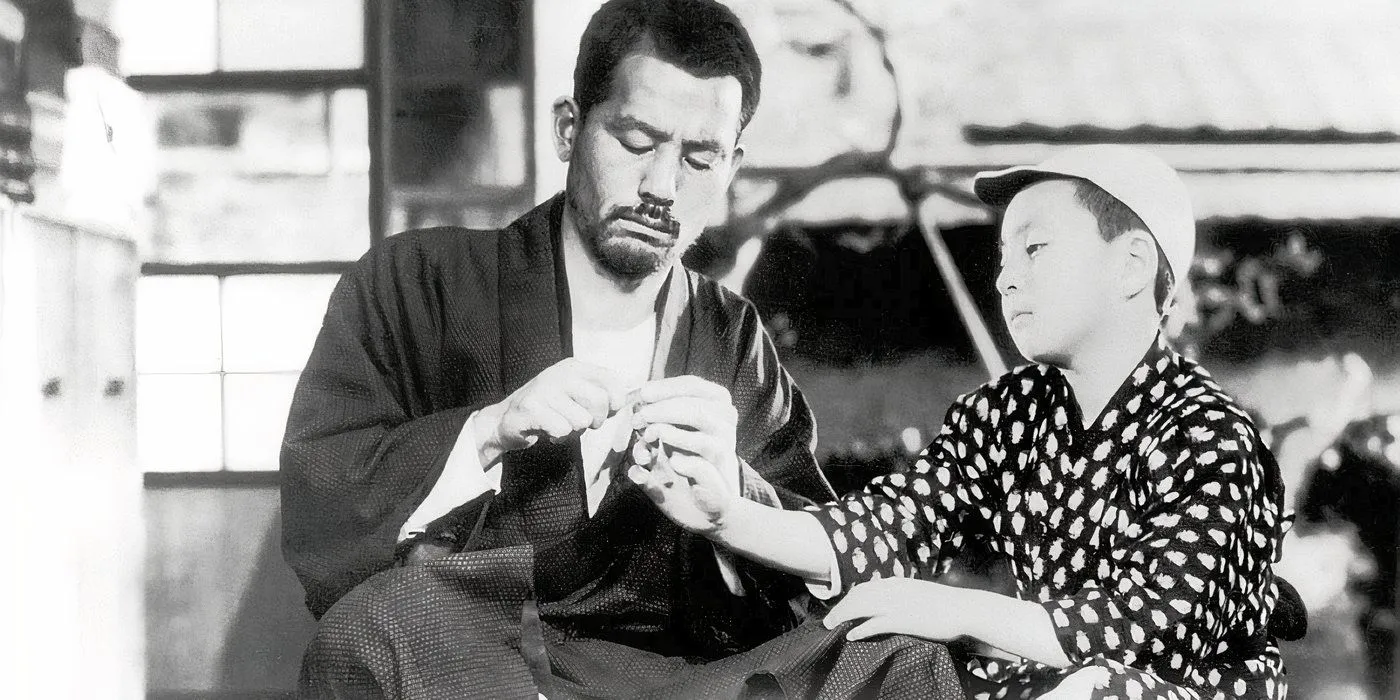
Chishū Ryū significantly impacted Japanese cinema over a 65-year career, appearing in over 230 films. Collaborating frequently with Yasujirō Ozu, Ryū left indelible marks in iconic films such as Tokyo Story and Late Spring. His ability to convey profound emotional layers has cemented his status as one of Japan’s most revered actors.
4. Hiroyuki Sanada
Notable Films: Ringu (1998), Round About Midnight (1999), Shogun (2024)
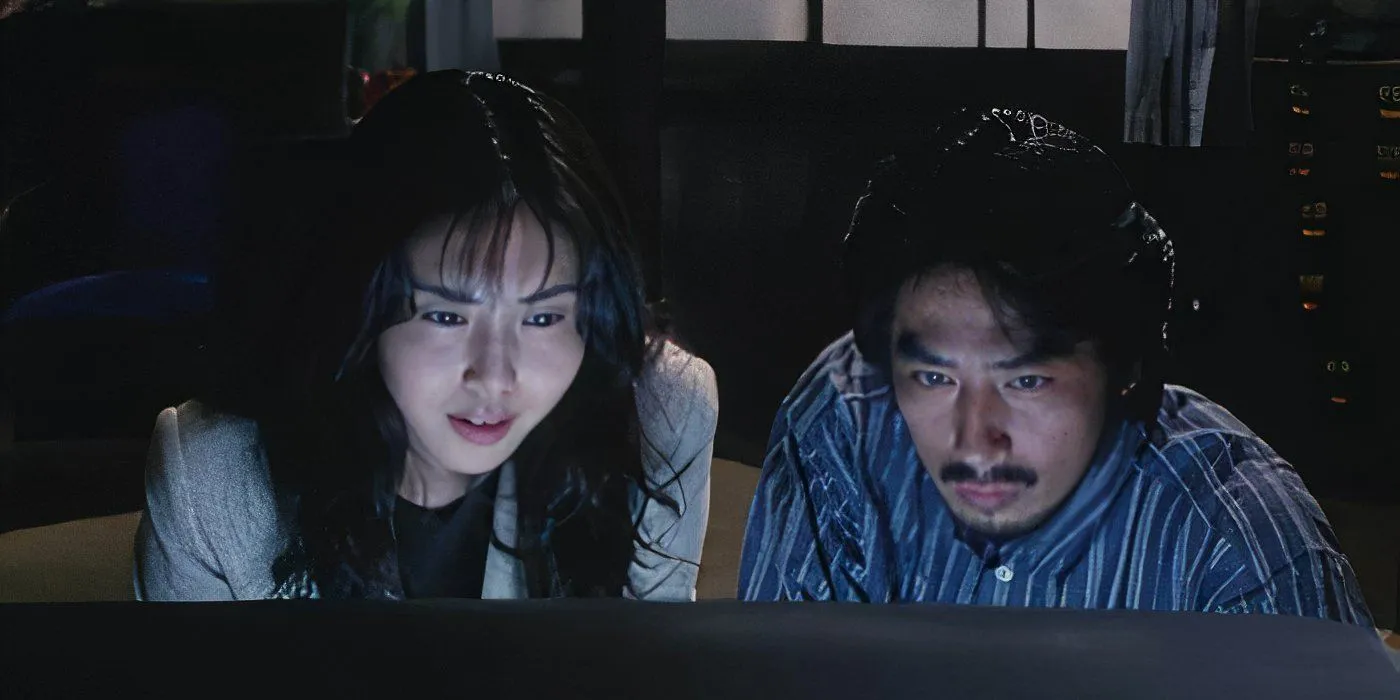
Hiroyuki Sanada stands as one of the most prominent contemporary Japanese actors making waves globally. His role as Yoshii Toranaga in the upcoming adaptation of Shōgun has already garnered critical acclaim and positioned him among the elite in both Japanese and American film circuits. Sanada began acting at the tender age of five, eventually gaining prominence through influential works, particularly in horror cinema.
3. Tatsuya Nakadai
Notable films: Harakiri (1962), Kwaidan (1964), Kagemusha (1980)
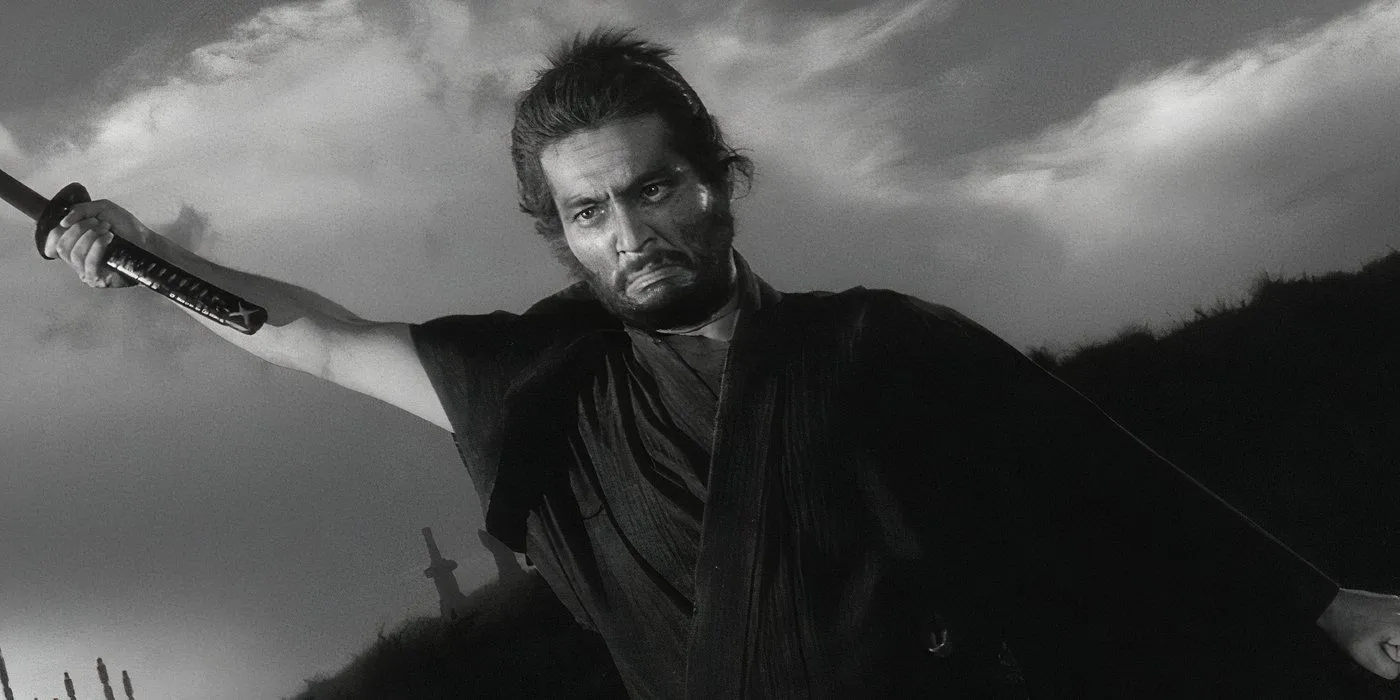
Tatsuya Nakadai’s impressive career kicked off in the 1950s, leading to his breakthrough in Black River. His fruitful collaborations with Masaki Kobayashi in classics such as Harakiri transformed the cinematic narrative of Japan, showcasing his exceptional range and depth as an actor. Nakadai’s monumental performances confirm his importance in Japan’s film tapestry.
2. Setsuko Hara
Notable Films: Late Spring (1949), Early Summer (1951), Tokyo Story (1953)
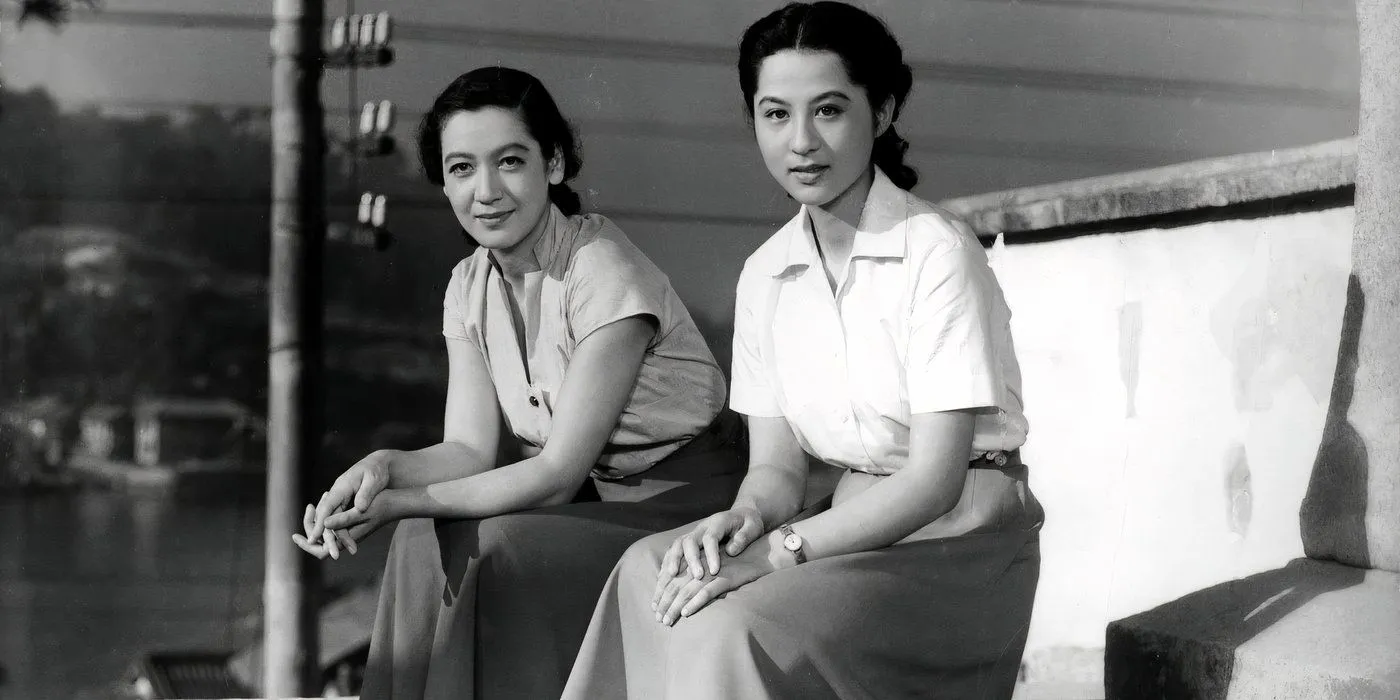
Setsuko Hara is often hailed as a legendary figure in Japanese cinema, known for her enigmatic presence and powerful performances. Since her start in 1935, she has worked closely with Yasujirō Ozu, delighting audiences with her roles in masterpieces like Tokyo Story. Her retirement in 1963, shortly after Ozu’s death, left a void in the industry, marking the end of an era.
1. Toshio Mifune
Notable Films: Rashomon (1950), Seven Samurai (1954), High and Low (1963)
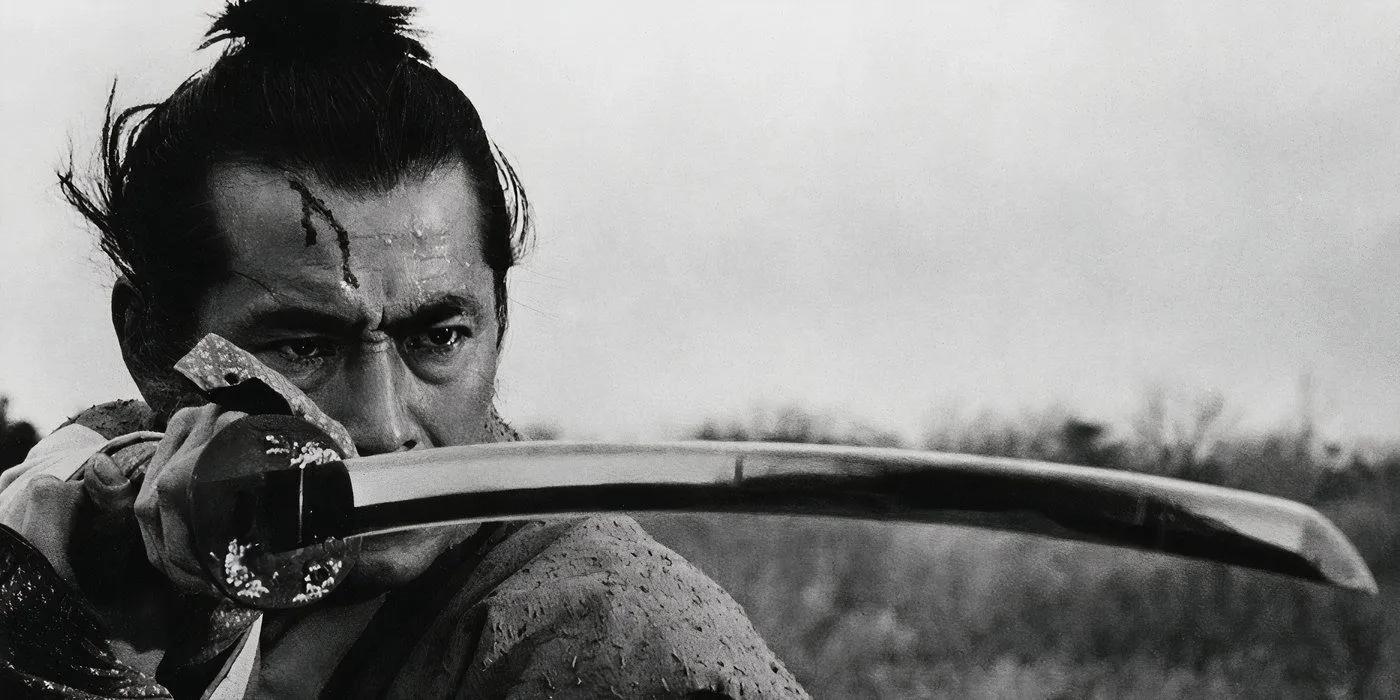
Toshirō Mifune remains an indomitable icon in Japanese cinema. Renowned for his compelling performances in Akira Kurosawa’s classics, Mifune’s work, including Seven Samurai and Rashomon, has significantly enriched the cinematic landscape worldwide. His remarkable ability to captivate audiences places him among the greatest actors of all time, firmly establishing his legacy as a stalwart of the arts.




Leave a Reply ▼